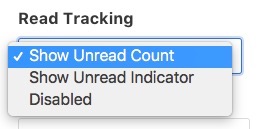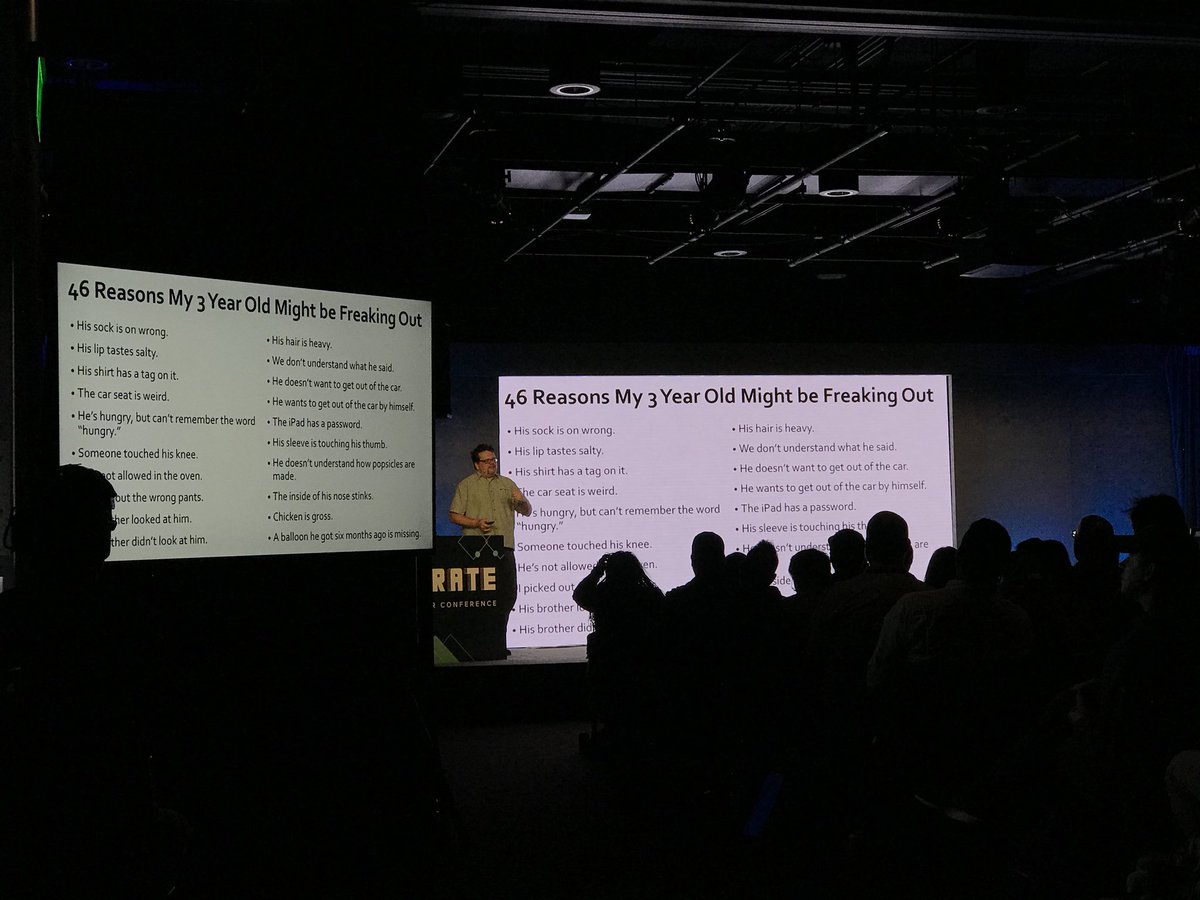-
-
Child mf2 objects are missing
Currently the parser is dropping child mf2 objects, such as when there are child h-entrys under an h-feed.continue reading... -
-
-
-
-
-
Add per-channel filters
Breaking this out to Aperture from https://github.com/indieweb/microsub/issues/6continue reading... -
-
<br> tags are not interpreted as whitespace when converting HTML to plaintext
Similar to https://github.com/microformats/mf2py/issues/51 and https://github.com/indieweb/php-mf2/issues/69, the Ruby parser is stripping <br> tags rather than converting them to newlines when converting HTML to plaintext.continue reading... -
-
-
-
-
-
-
-
-
-





